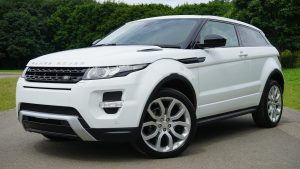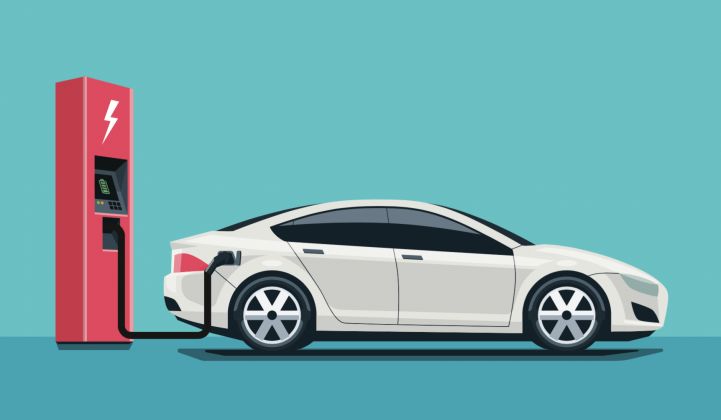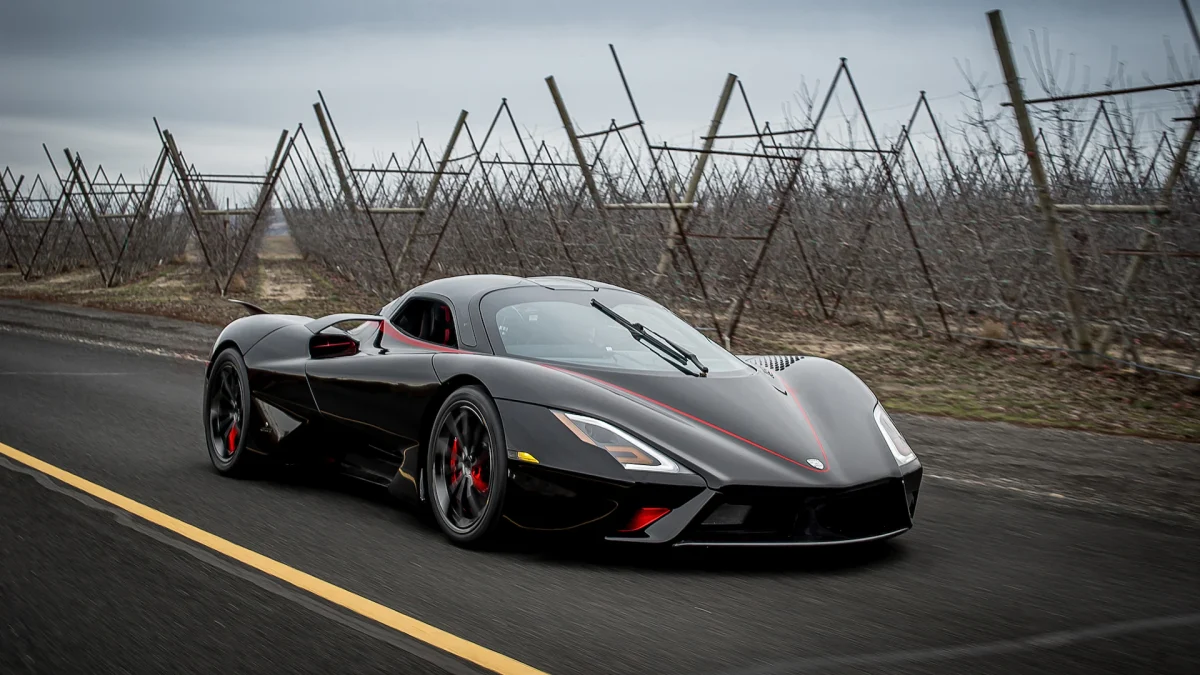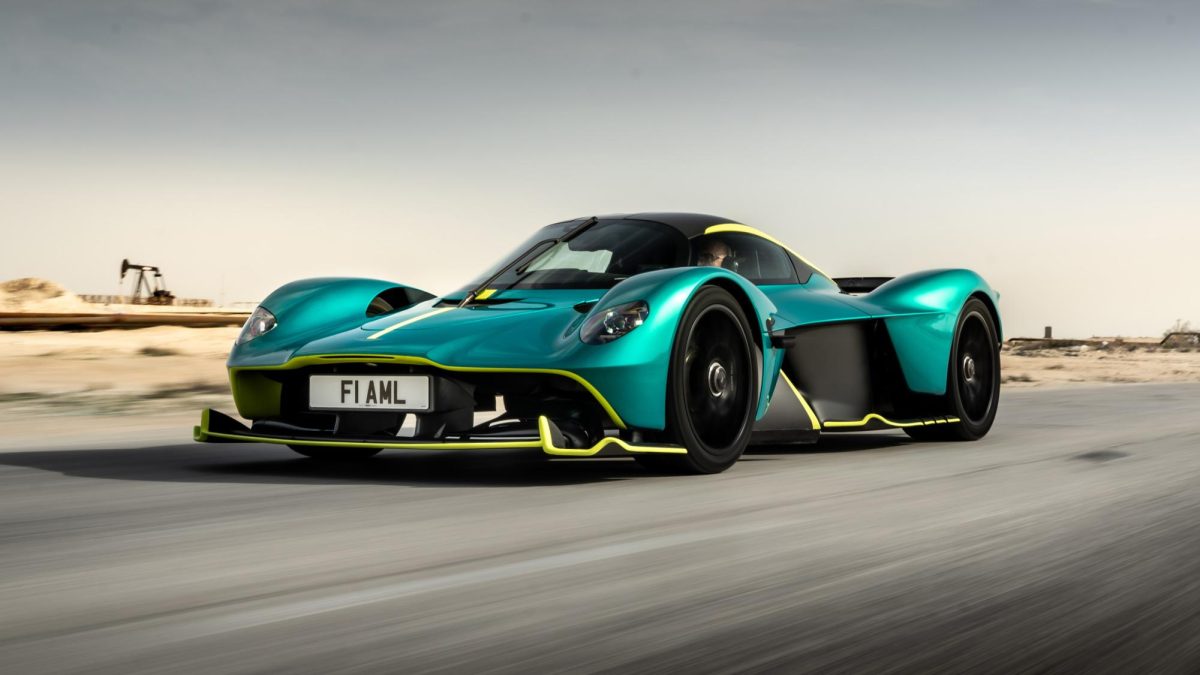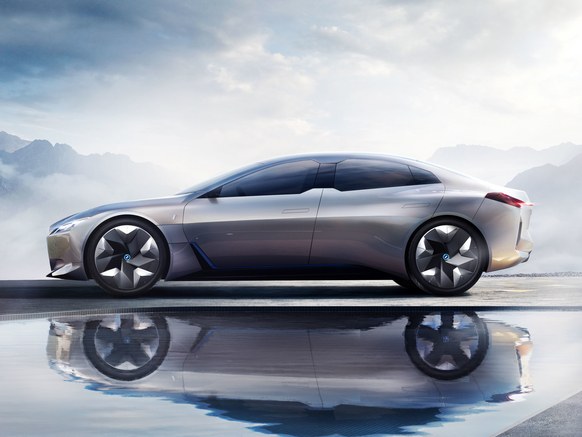
How Hydrogen Cars work
Hydrogen cars have an electric motor driven by an electrochemical reaction, which happens when high-pressure hydrogen gas combines with oxygen and is fed to hydrogen fuel cells to produce electricity and water vapor. Hydrogen cars are more efficient than electric cars. With hydrogen cars, you can travel for around 400 miles before the gas tank becomes empty while electric cars can go around 330 miles.
Why Hydrogen cars will take off by 2030
Hydrogen cars run from electricity and water vapor, which is made of oxygen and high-pressure gas which makes the fueling process fast and efficient. This comparing to electric cars is far better because electric cars take 30 – 60 minutes to charge which can be inconvenient when you are in a rush to get somewhere. In 2024 there are many more electric charging stations than hydrogen but by 2030 there are predicted to be $1.5 billion dollars in Hydrogen charging stations.
Hydrogen vs Electric Pros and Cons
Hydrogen Pros:
Limited maintenance
Hydrogen Cons:
- Only available in California
- Fuel Cells are expensive to replace
- Hydrogen flammability causes safety concerns
- Only 76 stations in the United States.
Electric Pros:
- Saves money on gas
- Good for environment
- Very low maintenance Electric Car:
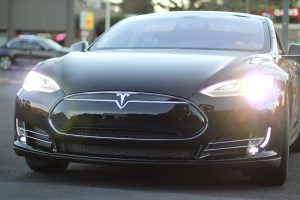
Electric Cons:
- High upfront cost
- Limited driving range
- Low amount of charging stations
- Expensive battery replacement
Related Stories:
https://www.motor1.com/features/726497/ev-future-hydrogen-cars/
https://climate.mit.edu/ask-mit/why-have-electric-vehicles-won-out-over-hydrogen-cars-so-far
https://www.autoexpress.co.uk/tips-advice/93180/hydrogen-cars-are-hydrogen-fuel-cell-cars-future
https://www.physicsforums.com/threads/why-are-hydrogen-cars-not-popular.1051683/
https://llewellyn.substack.com/p/is-hydrogen-still-the-future-again
